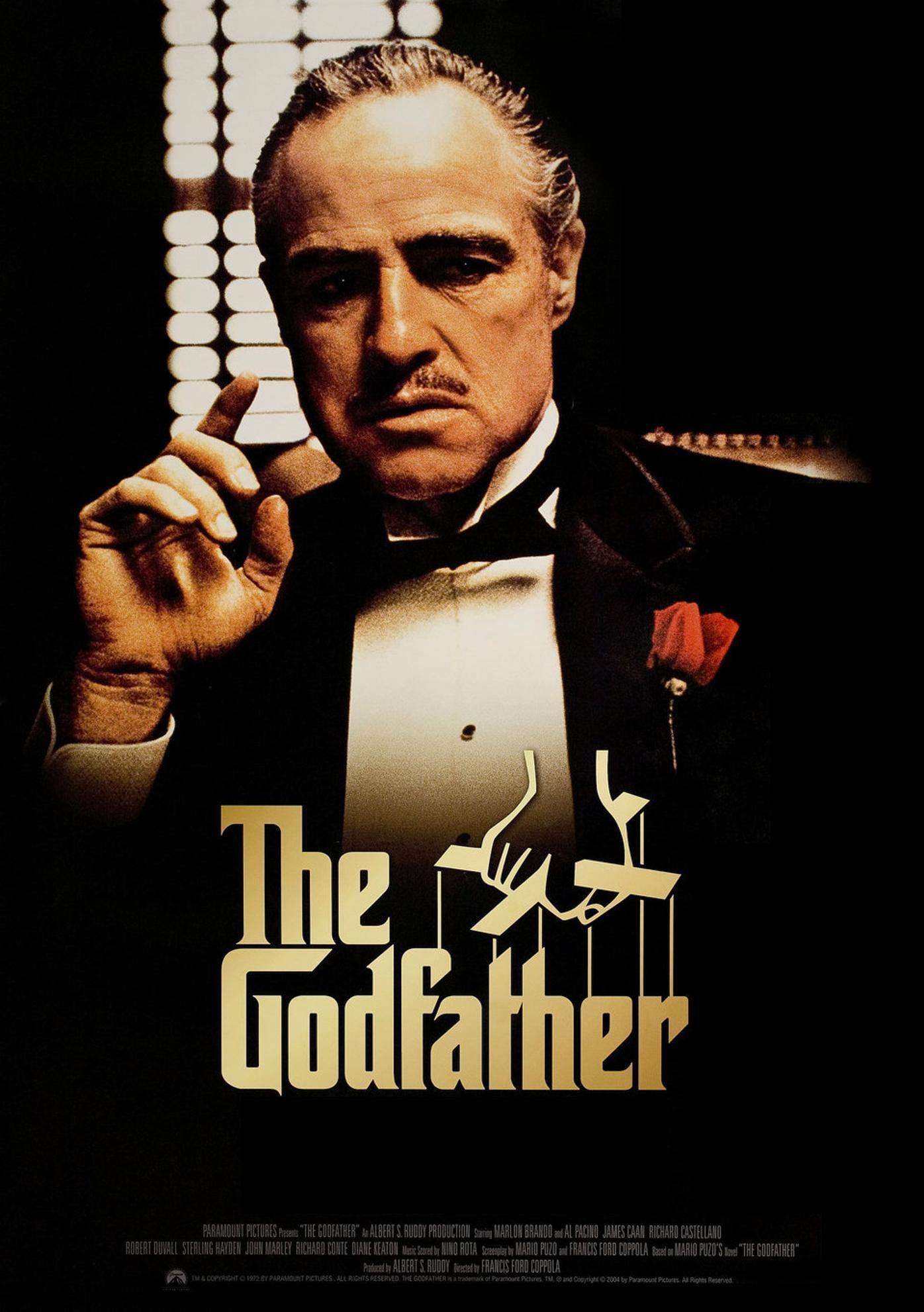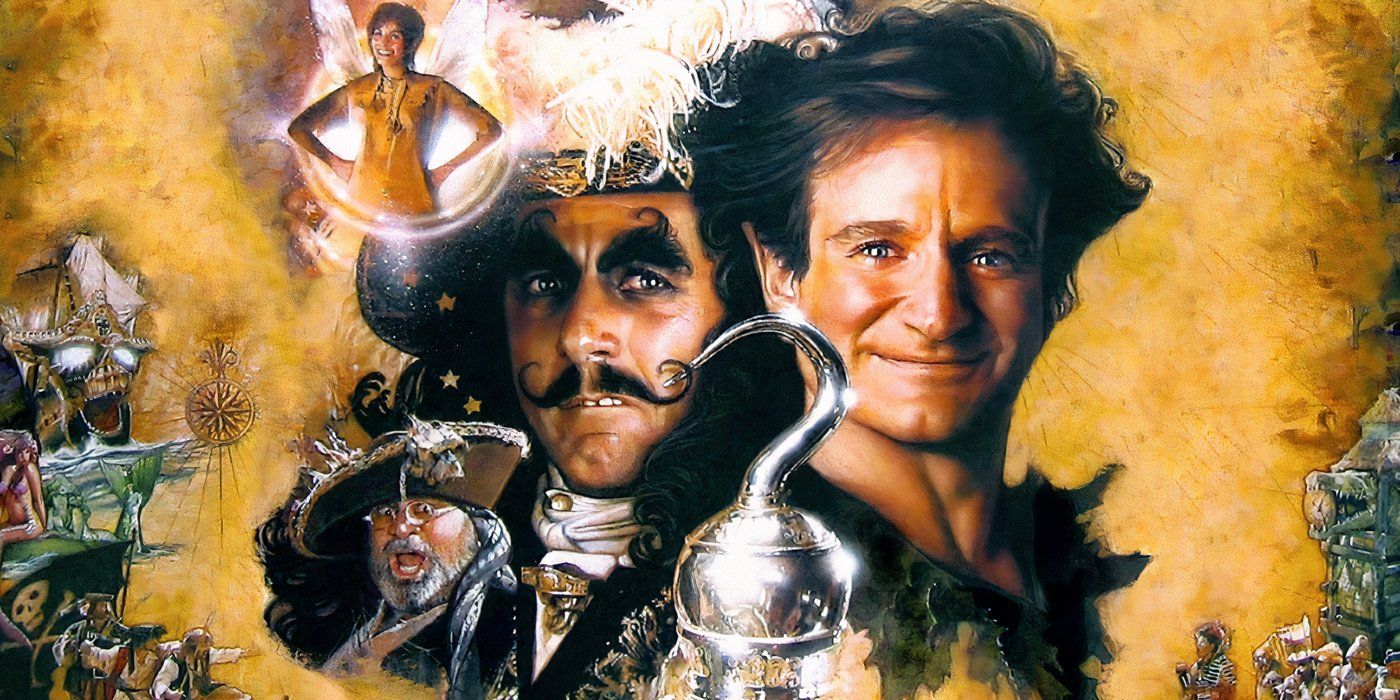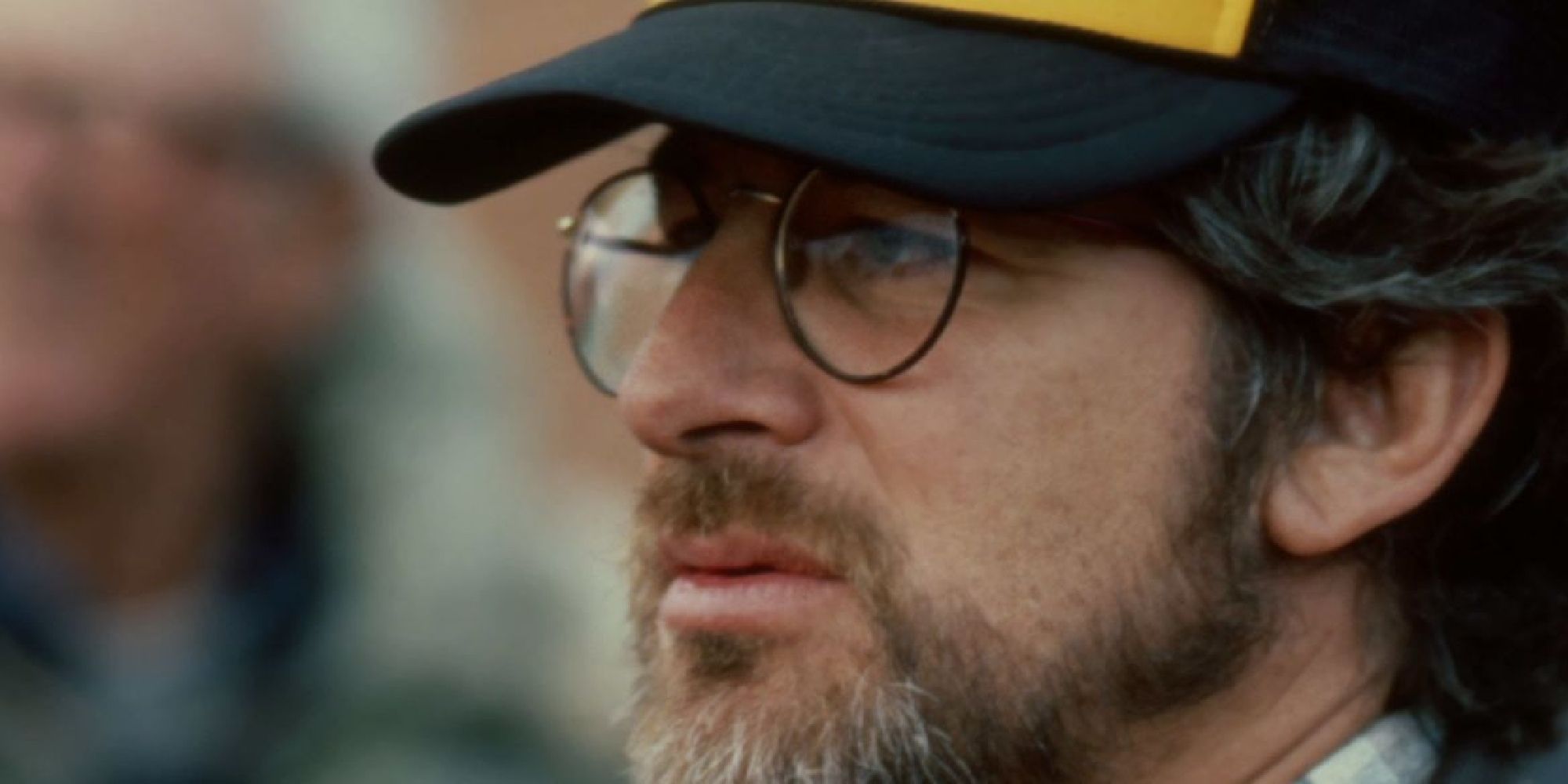We’re lucky he didn’t, then!
The Big Picture
- Steven Spielberg’s confidence was shattered after watching
The Godfather
, making him consider quitting filmmaking altogether. - Despite feeling discouraged, Spielberg went on to have a successful career and became an inspiration to aspiring filmmakers.
- Spielberg and Coppola, along with their group of friends, changed the industry and supported one another’s ambitions.
It’s impossible for us mortals to imagine that someone as legendary as Steven Spielberg would ever have confidence issues. He has made some of the best works in cinema history and is one of the boldest and most innovative filmmakers ever, but, early in his career, watching one of the medium’s greatest classics upon its release really did a number on his self-confidence, and nearly had him quit filmmaking altogether. We’re talking about 1972’s The Godfather, released by one of Spielberg’s closest friends, Francis Ford Coppola. But why would watching it make anyone want to quit at all, especially a genius like Spielberg?

The Godfather (1972)
Don Vito Corleone, head of a mafia family, decides to hand over his empire to his youngest son, Michael. However, his decision unintentionally puts the lives of his loved ones in grave danger.
- Release Date
- March 14, 1972
- Director
- Francis Ford Coppola
- Cast
- Marlon Brando , Al Pacino , James Caan , Richard S. Castellano , Robert Duvall , Sterling Hayden
- Runtime
- 175 minutes
- Main Genre
- Crime
- Writers
- Mario Puzo , Francis Ford Coppola
- Studio
- Paramount Pictures
- Tagline
- An offer you can’t refuse.
- Production Company
- Paramount Pictures, Alfran Productions
Why Would ‘The Godfather’ Make Someone Like Spielberg Want To Quit?
In 1972, Steven Spielberg was already an up-and-coming young director full of potential, but he had barely scratched the surface of what we now know he would eventually achieve as a filmmaker. His first feature-length project, 1971’s action thriller Duel, had already been released as a television movie for ABC, but it would be another three years until his second movie and first theatrical release, The Sugarland Express. He had already shown a lot of promise on television, too, but filmmakers long for the big screen.
While things were seemingly slow for Spielberg, Francis Ford Coppola, one of his friends and fellow filmmakers, already had more stuff going on. He had already worked with legends such as Fred Astaire and Petula Clark in Finian’s Rainbow and was even getting some of his friends on board for projects like The Rain People, which had George Lucas (who was also close to Spielberg) tagging along to prepare a documentary making-of. In 1972, after much behind-the-scenes ado, Coppola finally released The Godfather, and, not only did it become a blockbuster hit, earn a ton of awards, and later be hailed as one of the best movies ever, but it also pretty much destroyed the confidence of young Spielberg.

George Lucas and Carrie Fisher Had a Long-Secret Cameo in Steven Spielberg’s ‘Hook’
The two cameos weren’t known about until 25 years after the film was released.
In one of the bonus features of the DVD restoration of The Godfather, Spielberg revealed that he felt as if he could never contribute with anything that good: “I was pulverized by the story and by the effect it had on me, and I also felt that I should quit. There was no reason to continue directing because I would never achieve that level of confidence in the ability to tell a story such as the one I had just experienced.” As if this weren’t heartbreaking enough, he followed up, saying: “So, in a way, it shattered my confidence.”
Spielberg is notably humble when talking about his work, but he’s also confident. To imagine that he once had this confidence shattered by such a great movie is difficult for us to imagine, but, back then, he was just 26 years old. By all means, Coppola was older and had his break earlier than Spielberg, but that is too young an age for one to think that they couldn’t ever achieve their full potential in a relevant way. The Godfather did inspire countless aspiring storytellers, but perhaps having the opposite effect on Spielberg is what set him apart and made him more ambitious, in the end, because we know he would leave his first big mark on the industry just a few years later.
Spielberg’s Career Took an Upward Turn After ‘The Godfather’
The Godfather really is all that. It’s one of the highest-grossing and most decorated movies ever and tells a haunting story about family and power. It inspired lots of young storytellers, very few would ever come close to making anything as grand. It’s strange, but perhaps also fitting that the person who would feel the worst after watching The Godfather would also be the one to fare the best in his career as a filmmaker, as Spielberg would only take a few years to seemingly figure out how to “achieve that level of confidence” in his own storytelling abilities.
In 1974, Spielberg had his directorial debut on the big screen with The Sugarland Express, but, as promising and indeed good as it was, it is also not one of the works we now remember him for, with all due respect. He showed much more promise in Duel, for example, and that’s the sort of skill and experience that would be useful to him in his own big break a year later. When Jaws came out in 1975, it did much more than just put Spielberg’s name in the mouths of big studios, it also consolidated both the whole New Hollywood movement in the industry, and the blockbuster trend. But it did much more for him personally, because the making of Jaws was every bit as complicated and problematic as The Godfather‘s, and he still managed to come out on top.
In the following years, Spielberg would go on to become an inspiration himself to aspiring filmmakers and movie buffs in general, releasing a string of hits like Close Encounters of the Third Kind, Raiders of the Lost Ark, E.T. The Extra-Terrestrial, and Indiana Jones and the Temple of Doom. Not only did his confidence in his own abilities grow, but his movies also became bolder and more innovative, ushering in a new age of advancements in visual effects and creative storytelling. After his initial blockbuster (Jaws included, of course), he explored many different ways of making films and different subjects; he ventured into sci-fi and fantasy, and learned how to uniquely build suspense. He also sought to bring more imaginative films to the screen and spearheaded a lot of innovations in the industry. So, while he never mentioned it himself, the effect The Godfather had on Spielberg ended up being positive, as it made him bolder and more prone to taking risks, all of which would pay off not because of luck, but because of his competence as an artist.
Spielberg and Coppola Are Filmmakers That Changed the Industry
Learning that watching The Godfather did such a number on Spielberg’s confidence may seem surprising at first, but it’s actually a pretty standard thing to happen to someone who was so young at the time. With people that young, actually, there are some who may even think in personal terms, like “I have to do better than that,” or “I have to be better than him,” but that was never the case with Spielberg and Coppola. There was never any sort of rivalry between the two, who have always been friends and admirers of each other’s work.
Spielberg and Coppola were actually part of the same clique of friends as George Lucas, Brian De Palma, and Martin Scorsese, all of whom would leave their own marks on the New Hollywood movement. This is a rare group to be part of, and they all either worked together or at least helped one another at some point, so, if anything, Spielberg and Coppola never attempted to best each other, but the efforts of one of them always pushed the other friends forward. These people changed the way movies were made and watched back in the 1970s, and we’re actually lucky they were all so ambitious and supportive of one another.
The Godfather is available to stream on Paramount+ in the U.S.
This article was originally published on collider.com



